On May 25, 2020, George Floyd, a 46-year-old black man tragically died in Minneapolis, Minnesota during his arrest by the police. He was being arrested for allegedly passing a counterfeit twenty-dollar bill. During the arrest, Derek Chauvin, a white police officer knelt on Floyd’s neck for nearly 9 minutes while Floyd lay handcuffed face down in the street. Two other police officers helped to restrain Floyd while a fourth officer prevented bystanders from intervening. Floyd said he “could not breath” several times and went motionless and died soon after at a local hospital. The next day videos by witnesses and from security cameras became public and circulated widely on the internet. The four officers were fired and the official autopsy found the death a homicide. Chauvin was charged with murder and manslaughter and the other officers were charged with aiding and abetting murder. Floyd’s death triggered demonstrations and protests against police brutality, police racism and the use of excessive force. In more than 75 U.S. cities and in many places around the world, Floyd’s death triggered demonstrations and protests that have gone on for days. Some protests stayed peaceful while others turned violent with attacks on police and property. A few deaths have been associated with the protests and there has been pointless destruction and widespread looting. Bishop Mark Seitz of the Diocese of El Paso, Texas was the first U.S. Catholic bishop to join the protests and demonstrations against racial injustice and police brutality. Along with a group of priests of his diocese, Seitz knelt for nine minutes of silent prayer in memory of George Floyd on June 1 st. He held a sign that read “Black Lives Matter.” That same day Pope Francis phoned Bishop Seitz and in a two or three-minute call congratulated him. Seitz expressed to Francis that he felt it was imperative to show solidarity to those suffering. Pope Francis also called Archbishop José Gómez in Los Angeles who is the president of the U.S. bishops’ conference and conveyed his prayers and solidarity for Americans during the period of national unrest. He said he was praying, especially for Archbishop Bernard Hebda and the local Church in Minneapolis-St. Paul. He thanked the bishops for the pastoral tone of the Church’s response to the demonstrations and assured them of his continued prayers and closeness in the days and weeks ahead. In Pope Francis’ Wednesday morning general audience, he said he was praying for the soul of George Floyd and for all the victims of racism and that nothing was gained by violence. He said we cannot tolerate or turn a blind eye to racism and exclusion in any form and yet claim to defend the sacredness of every human life.” “Let us pray for the comfort of families and friends who are heartbroken, and pray for national reconciliation and the peace we yearn for.”
